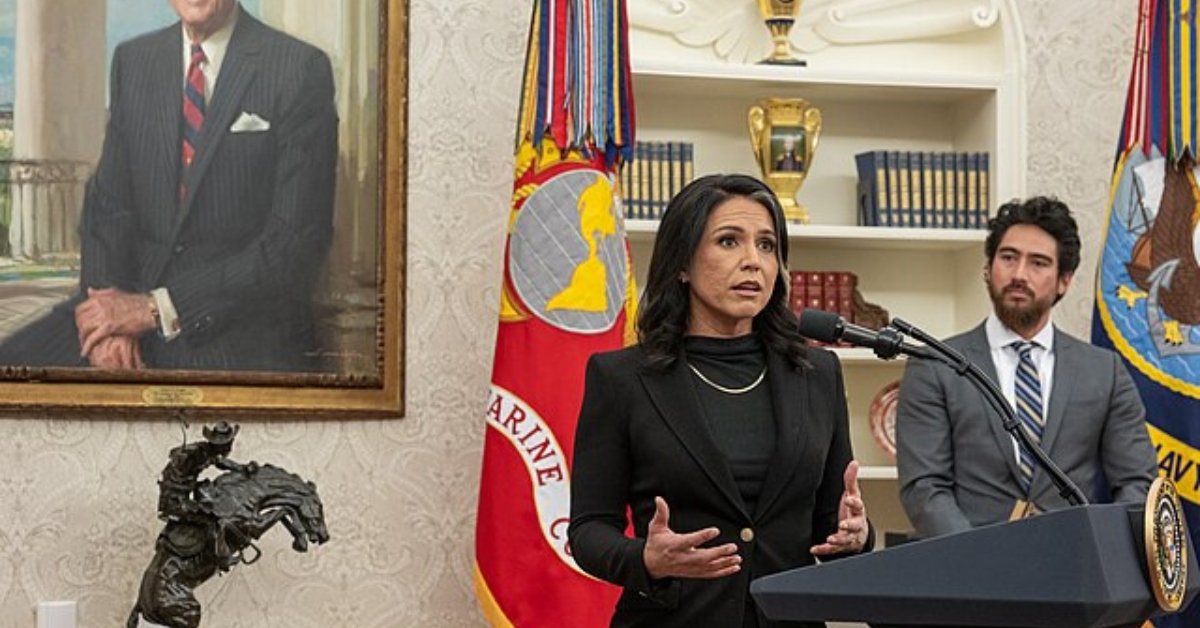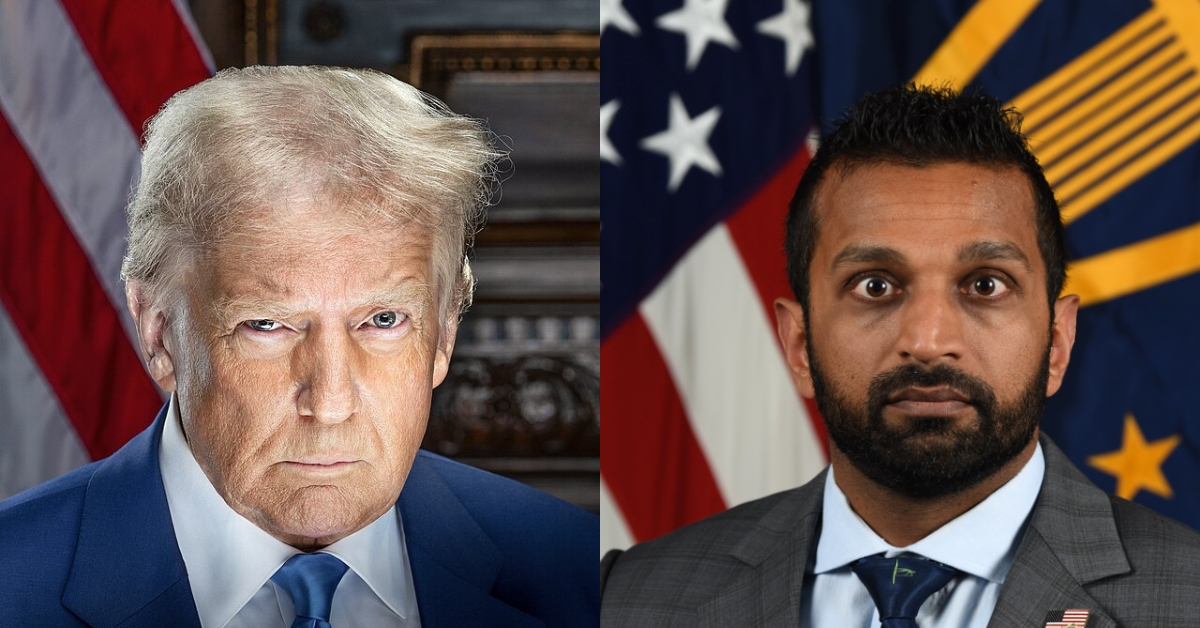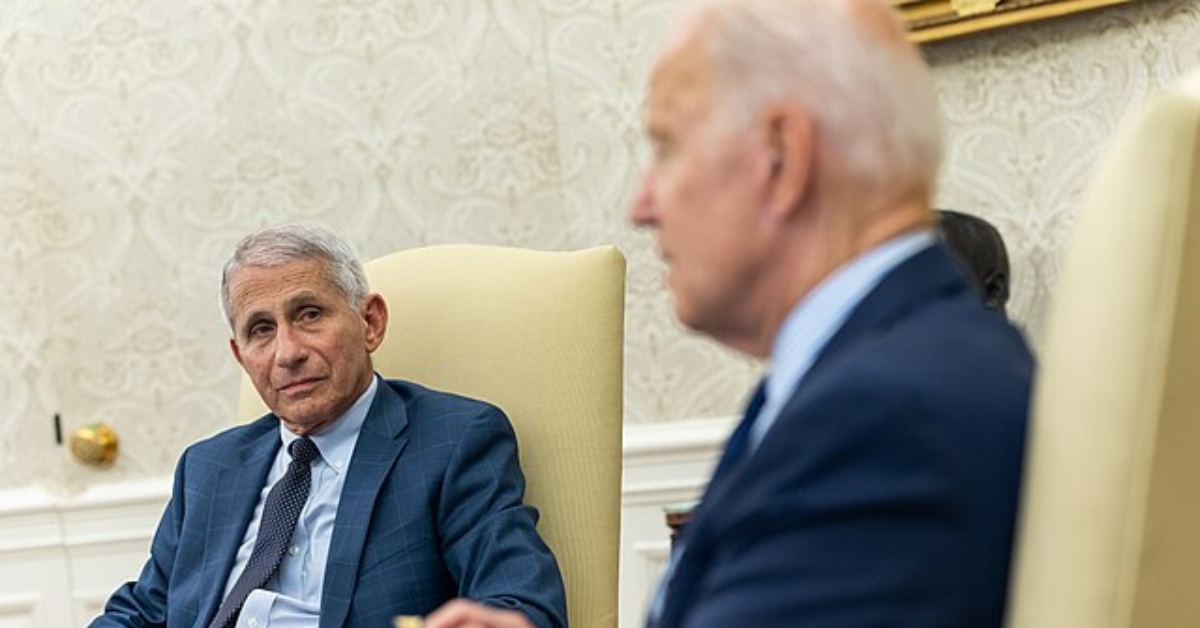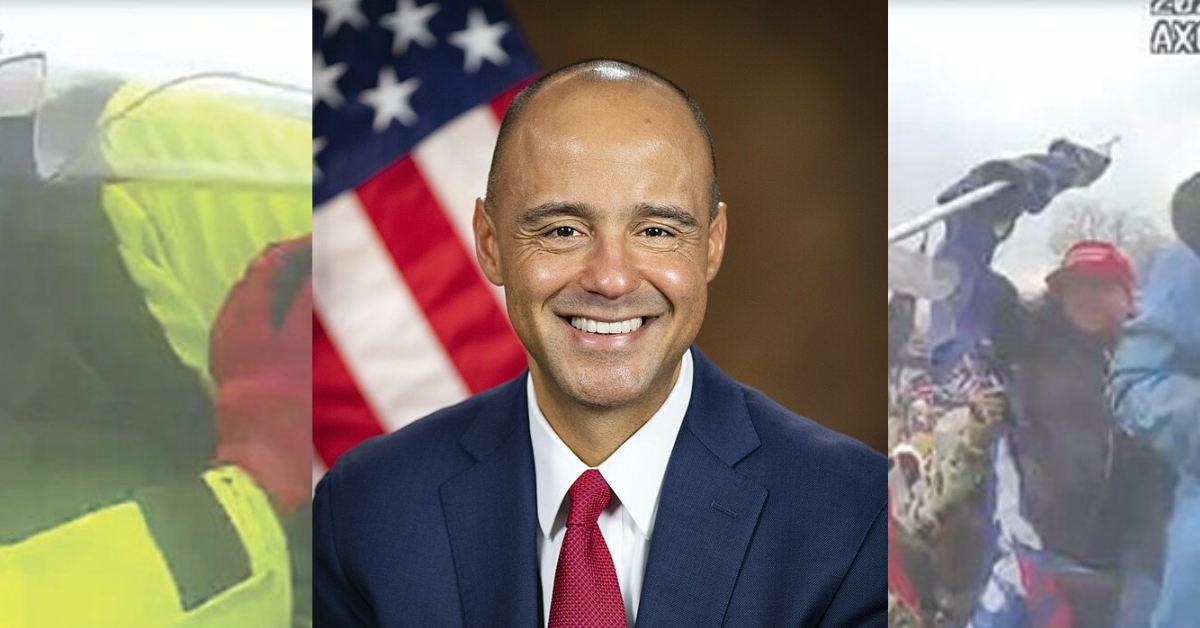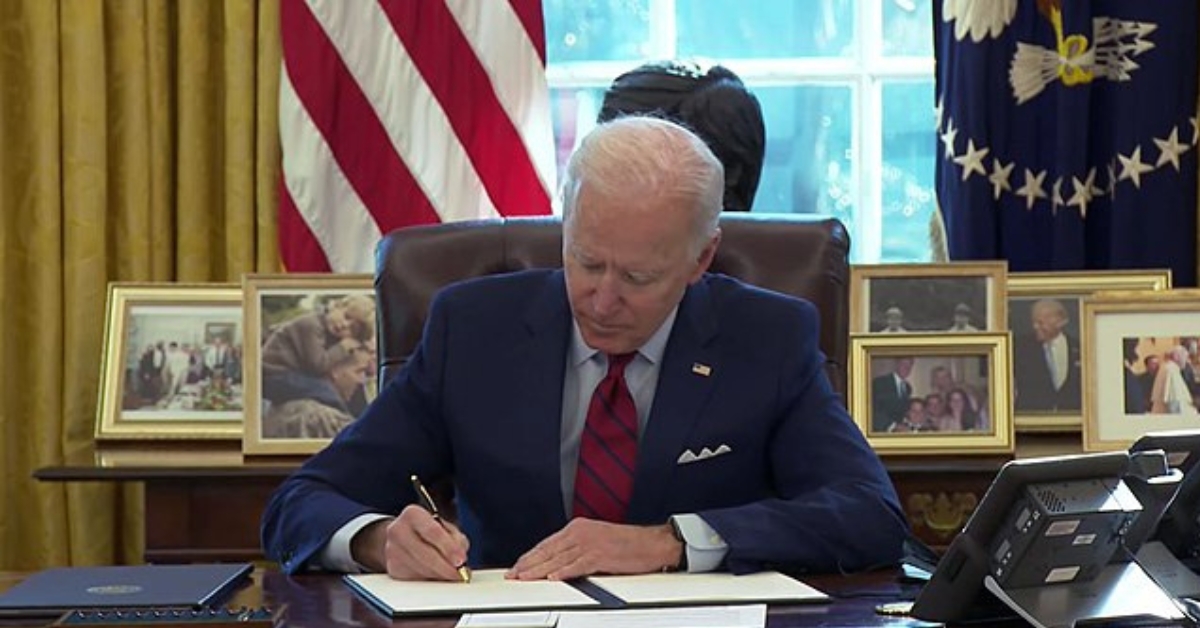
New Evidence in Biden’s Classified Documents Case Raises Questions
In recent weeks, Special Counsel Robert Hur’s unexpected appearance on the scene has sent shockwaves through Washington. While his counterpart, Special Counsel Jack Smith, has been diligently pursuing former President Donald Trump, Hur’s investigation into President Joe Biden’s possession of classified documents has been somewhat of a mystery. This scrutiny into Biden’s actions may be more significant than previously thought.
Under Justice Department policy, Hur cannot indict a sitting president. However, new evidence has emerged that may challenge the White House’s narrative regarding the discovery of these classified documents, potentially altering the course of both the criminal and impeachment investigations.
This week, the House Oversight Committee released a timeline detailing the discovery of classified documents connected to Biden. From the outset, many skeptics questioned Biden’s account, in which he claimed no knowledge or involvement in the removal or use of these documents.
The most glaring issue is that these documents, which were removed at the end of Biden’s tenure as vice president, were later found in various locations, including Biden’s D.C. office, his garage, and his library. Biden initially expected the investigation to be a mere formality, declaring that he had “no regrets” and that it would quickly fizzle out.
However, it appears that a crucial claim made by the White House may be knowingly false. The White House and Biden’s counsel had maintained that they promptly notified the National Archives when documents were discovered in the D.C. office. Yet, it now seems that this was not the case. One of Biden’s closest aides, Annie Tomasini, examined the classified material in March 2021, nearly 20 months before the Biden team claimed to have found them. This revelation contradicts the timeline presented by the Biden team.
If this evidence is accurate, it could have a significant impact on both the criminal and impeachment investigations. The timeline has been a critical distinction drawn by the White House to differentiate this matter from Trump’s indictment. Biden had claimed he was “surprised” by the documents’ discovery and praised the immediate action taken, but in reality, his lawyers repeatedly conducted searches, and classified documents continued to surface.
Furthermore, there are concerns that these private searches may have tampered with the scene, potentially altering how the documents were originally stored. This raises questions about whether Biden knowingly possessed classified documents and lied about their use and discovery. If he repeated these denials to Hur, it could lead to allegations of false statements to federal investigators, a commonly-charged federal crime.
The Department of Justice’s long-standing policy against indicting a sitting president will pose a challenge for Hur if he finds evidence of wrongdoing. It would require him to seek reconsideration of the policy based on a decades-old memo issued under President Bill Clinton, who faced calls for perjury indictment at the time.
In conclusion, the new evidence in Biden’s classified documents case has the potential to reshape the narrative and political landscape surrounding the president. It remains to be seen how this will unfold, but one thing is clear: the past narrative may no longer be sufficient, and the rule of law must apply to all, including a sitting president.
